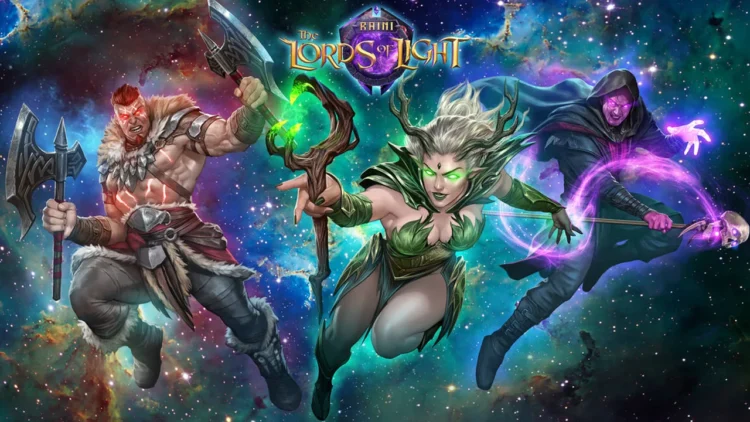Quick Take
- Raini: The Lords of Light shuts down July 21, ending all $RST rewards
- Emissions halted as $RST moves to a capped, deflationary model
- Two new titles will drive token burns through studio revenue
Raini Studios is closing Raini: The Lords of Light next month and shifting to a deflationary token model that ties $RST supply directly to studio performance. The Avalanche-based NFT card game will officially sunset on July 21, 2025, with the final 2 million tokens in rewards paid out across June and July.
The decision marks a full stop to Raini’s original play-to-earn approach. All $RST emissions have been halted, and the total supply has been effectively capped. Going forward, token burns will be driven by revenue from new games and partnerships. The studio confirmed that every transaction now incurs a 1% burn, and all buybacks funded by studio income will result in permanent burns.
A recent supply snapshot shared by Raini shows that 137 million $RST tokens (14%) have already been burned, with an additional 48.3 million still vesting until 2026. Just 6.1% of supply remains eligible for inflation, which will no longer be activated.
Raini’s token restructuring coincides with the announcement of two new titles: Lucha Throwdown, a cross-platform card battler featuring real-life lucha libre stars like Dr. Wagner Jr. and Keyra, and Uncaged: The Jon Jones Brawler, an action title based on the MMA champion. Both games are expected to drive studio revenue, which in turn will fund future token buybacks and burns.
Raini: The Lords of Light launched in 2021 as a collectible card game originally built on Ethereum before migrating to Avalanche’s Beam subnet. While the title distributed over $1 million in token rewards and cultivated a dedicated early user base, player activity declined in recent cycles. With the game’s shutdown, all leaderboard rankings, play-to-earn systems, and collect-to-earn mechanics will be permanently disabled.
The studio’s leadership framed the change as a strategic move to align token value with actual usage and reduce long-term inflation. The new system positions $RST as a capped digital asset supported by gameplay activity and real revenue, rather than emissions.
While Raini’s pivot reflects broader industry trends toward sustainability and post-P2E models, its success will likely depend on how the new games perform and whether the revenue they generate can maintain meaningful buyback volume.







This keeps happening. But I see other games doing so well. What’s going on?